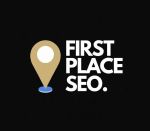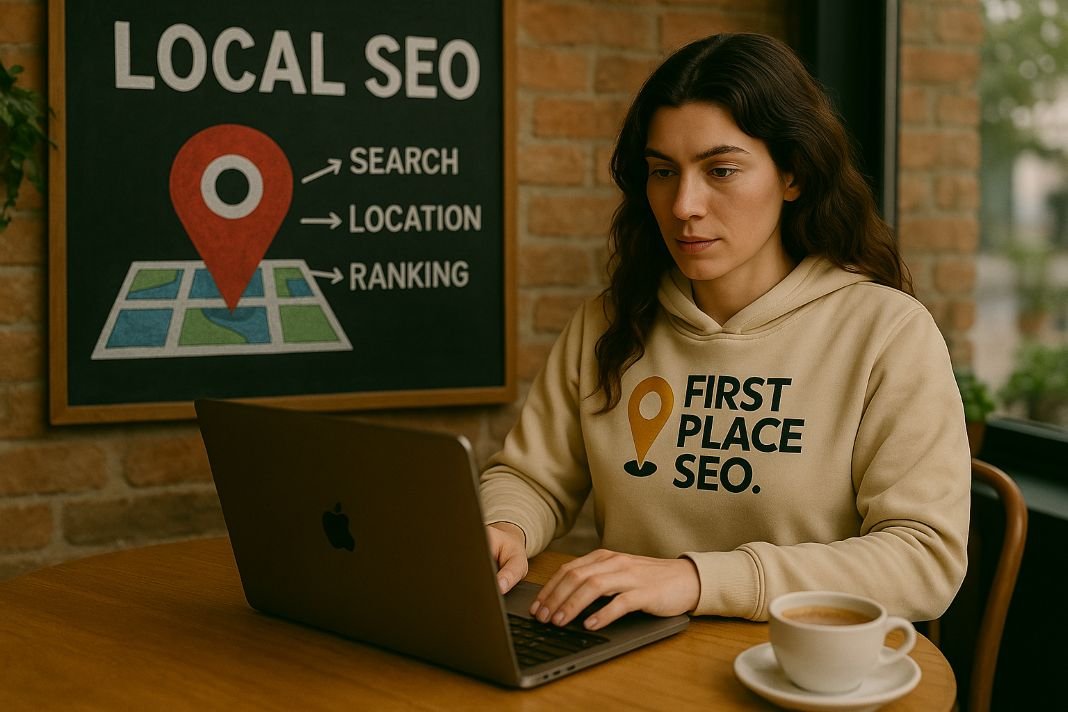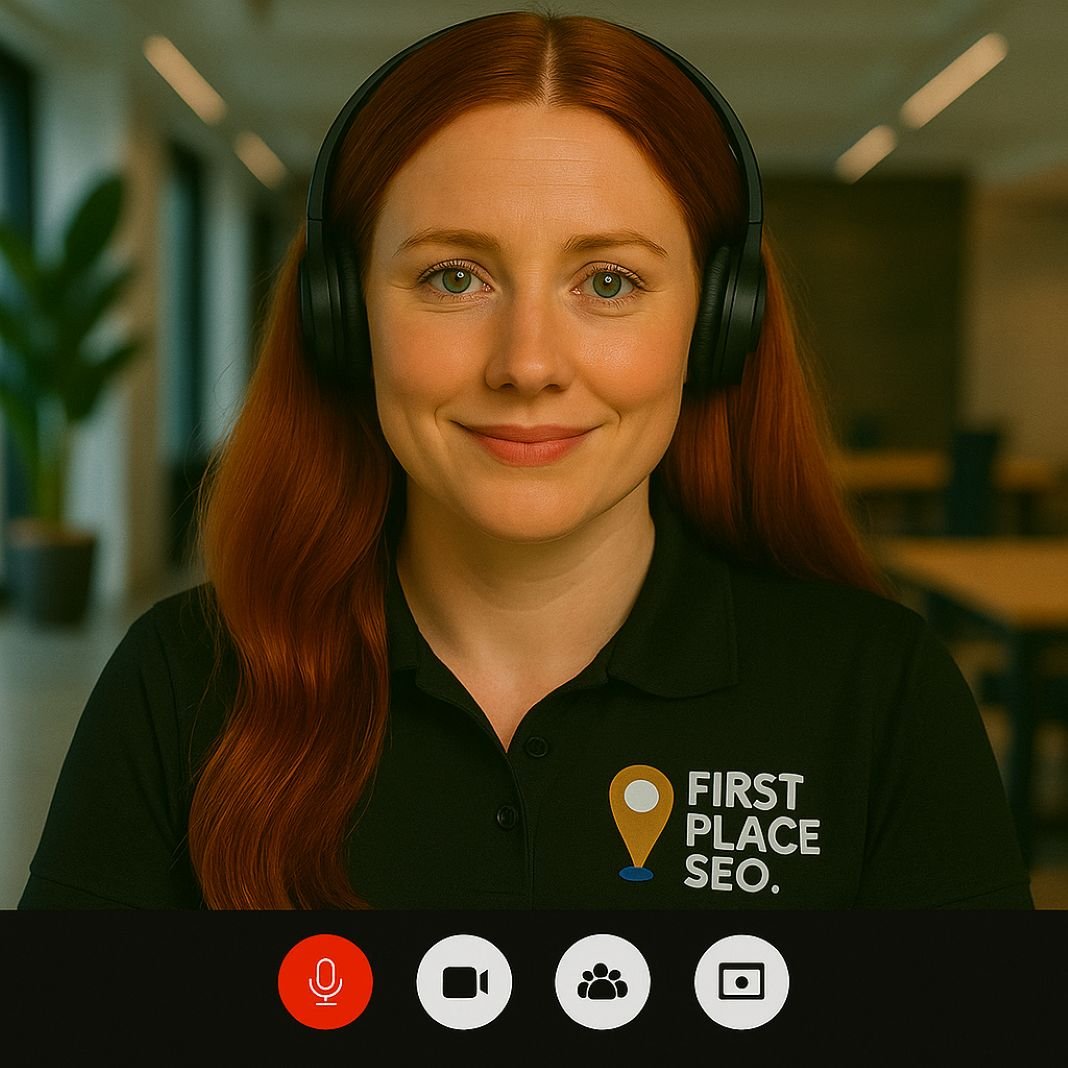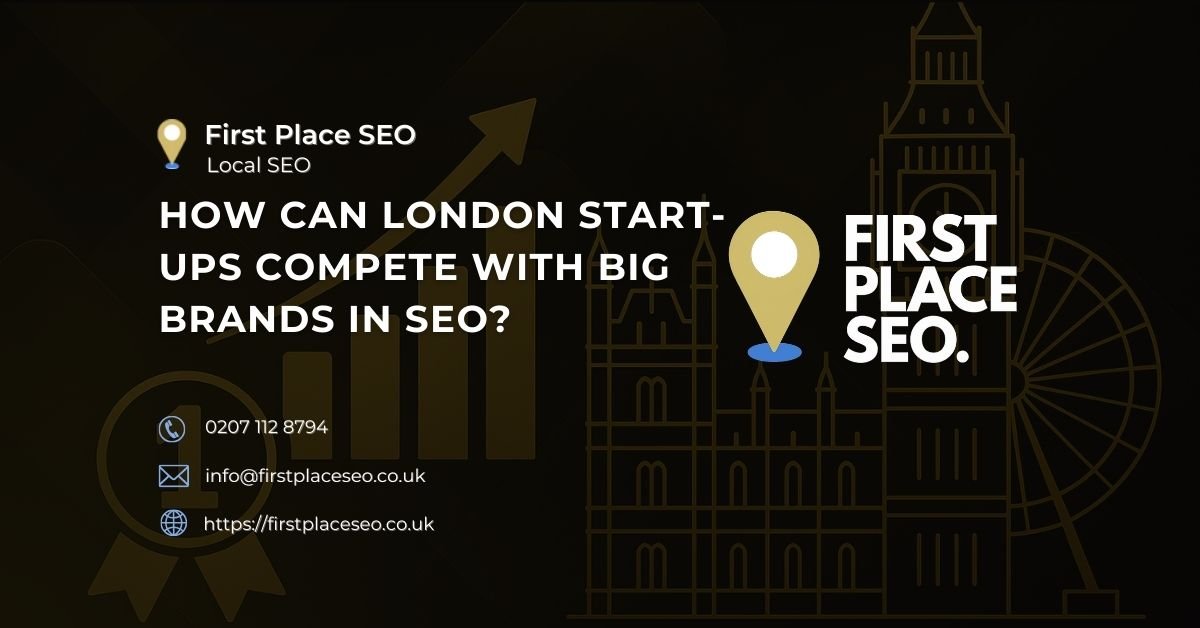Why Is SEO Challenging for London Start-ups Competing with Big Brands?
For start-ups in London, getting noticed online can feel like trying to shout over a crowd. Big brands benefit from recognisable names, high authority backlinks and dedicated SEO teams. They also enjoy advantages like branded search dominance, enterprise SEO budgets and legacy domain authority. Start-ups, however, often juggle limited time, small teams and tight budgets. With SEO costs rising and local markets saturated, achieving visibility can be a challenge. The good news is that London start-ups can still compete by focusing on borough level targeting and staying nimble with fast content updates, low DA challenge strategies and smart keyword targeting.
Here's What We Have Covered In This Article
Which Website Platforms Help Start-ups Rank Faster?
Your platform choice can make or break your SEO momentum. WordPress is a favourite for many thanks to its flexibility and powerful plugins. Webflow and Next.js are popular for performance and clean code.
If you choose a platform that prioritises structured content, fast loading and schema support, you set a strong foundation for SEO. These features make it easier for search engines to understand and index your site properly.
What to Look For:
Pages that load quickly
Templates that are mobile friendly
Schema support and structured content
Hosting based near your target market
By removing technical bottlenecks, start-ups can focus on what matters: getting content live fast and maximising technical agility.
Pro Tip: Use borough names in page titles and headers to win postcode specific searches.
Struggling with SEO on a Startup Budget?
Our tailored SEO plans help small teams grow traffic fast without overspending.
How Can Start-ups Uncover SEO Keywords Big Brands Miss?
Finding opportunities others overlook is where start-ups can really win. Instead of competing on volume, aim for long tail, localised and intent driven terms that match how people search.
Use these tools:
Google Search Console for actual search terms
Reddit and AnswerThePublic for how people talk
SurferSEO or Ahrefs for content grouping and planning
Look for low CPC keyword opportunities, evaluate keyword difficulty, and use geo modifier layering to create hyperlocal content. Keywords tied to neighbourhoods or questions users genuinely ask can bring in engaged traffic. Pair that with solid content clustering to build authority over time.
Why Does Mobile, Voice and UX Matter for 2025 SEO?
In London, people are always on the move. That means they’re searching via mobile and voice commands more than ever. If your site isn’t responsive, fast and easy to navigate, it’s going to get left behind.
Search engines now include user experience signals in rankings. Your content should load fast, look great on mobile and answer questions clearly. Writing in a way that mirrors how people speak helps with voice optimisation and featured snippet opportunities.
To succeed, focus on on the go intent, improve mobile crawl prioritisation and format content for voice command optimisation.
How Can Start-ups Optimise Google Business Profile and Local Listings?
A polished Google Business Profile can give you a local visibility boost that’s hard to beat. Borough specific terms in your listing and up to date information help your business appear in local search and Google Maps.
Quick Wins:
Mention your borough in your business bio
Add location tagged photos
Keep your contact details consistent everywhere
Reply to reviews to build trust with new customers
Make use of local citation networks, aim for visibility in the Google Maps pack and reinforce your presence through borough SEO visibility.
Pro Tip: Structure blog posts using question based headings to appear in AI answer boxes.
How Can Startups Create SEO Content That Feels Local and Human?
Your voice is one thing big brands can’t copy. Start-ups can write content that feels real, relatable and community driven. Speak directly to borough audiences and make sure your pages show up in searches that matter locally.
Use a local SEO blog framework that includes question and answer sections, internal links and borough references. Add schema enhanced content and write in a founder led brand tone that makes the site feel trustworthy and personal.
What Are AEO and GEO and Why Do They Matter?
Search is changing. Instead of typing questions, more users rely on AI generated answers. Start-ups can stay ahead by formatting content in a way that these engines can easily pick up.
Use question based headings, short and clear answers and structured data. This increases your chances of being pulled into AI summaries and featured answers. Think of it as writing for both people and algorithms at the same time.
How Can Start-ups Plan an Effective SEO Budget and Timeline?
SEO takes time, but you can still move forward with a lean plan. Focus each quarter on a different priority: technical fixes, content creation and outreach.
With a three month cycle, you can keep making progress without overloading your team or your finances. That keeps results coming in and momentum going.
What Metrics Help Start-ups Track SEO Success?
To know what’s working, track the metrics that really matter. Keyword rankings, search impressions, traffic to key pages and conversions tell a clearer story than just page views.
Set up simple dashboards with Google Search Console and GA4. Use alerts to monitor position changes or drops in traffic so you can act fast.
Reliable reporting gives you insight and clarity, helping you stay focused on what brings growth.
Rank in Your Borough First
Local customers search every day. Make sure your business shows up when they do.





